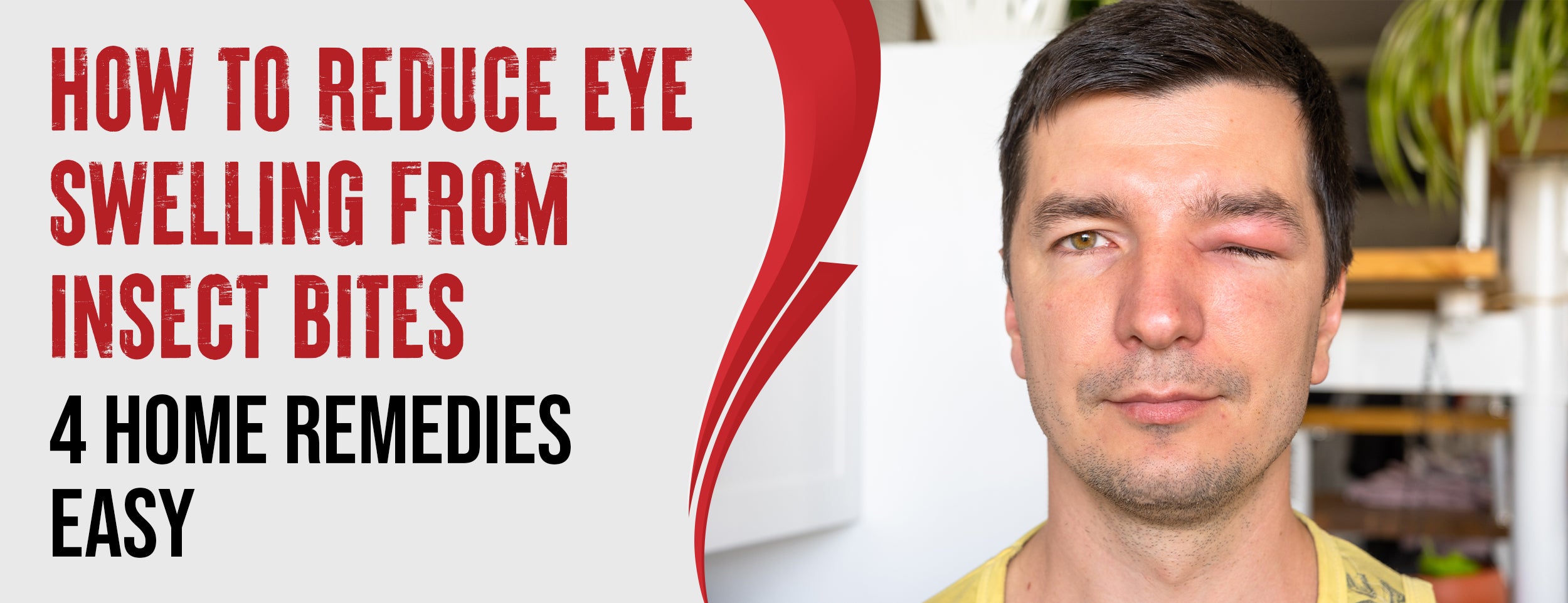Insect bites that itch and swell are usually allergic reactions to their saliva or venom. An insect can cause various symptoms, such as redness, pain, blisters, or bumps. It is typical for mosquitoes, fire ants, fleas, bedbugs, and bees to bite or sting humans.
Some effective remedies for itchy bug bites include aloe vera, honey, and oatmeal. You can apply baking soda paste or basil leaves to the affected area. Essential oils, rubbing alcohol, and apple cider vinegar can provide relief.
We'll discuss some effective remedies to help you forget those bites.
Home Remedies For Bug Bites That Itch and Swell: 15 Methods
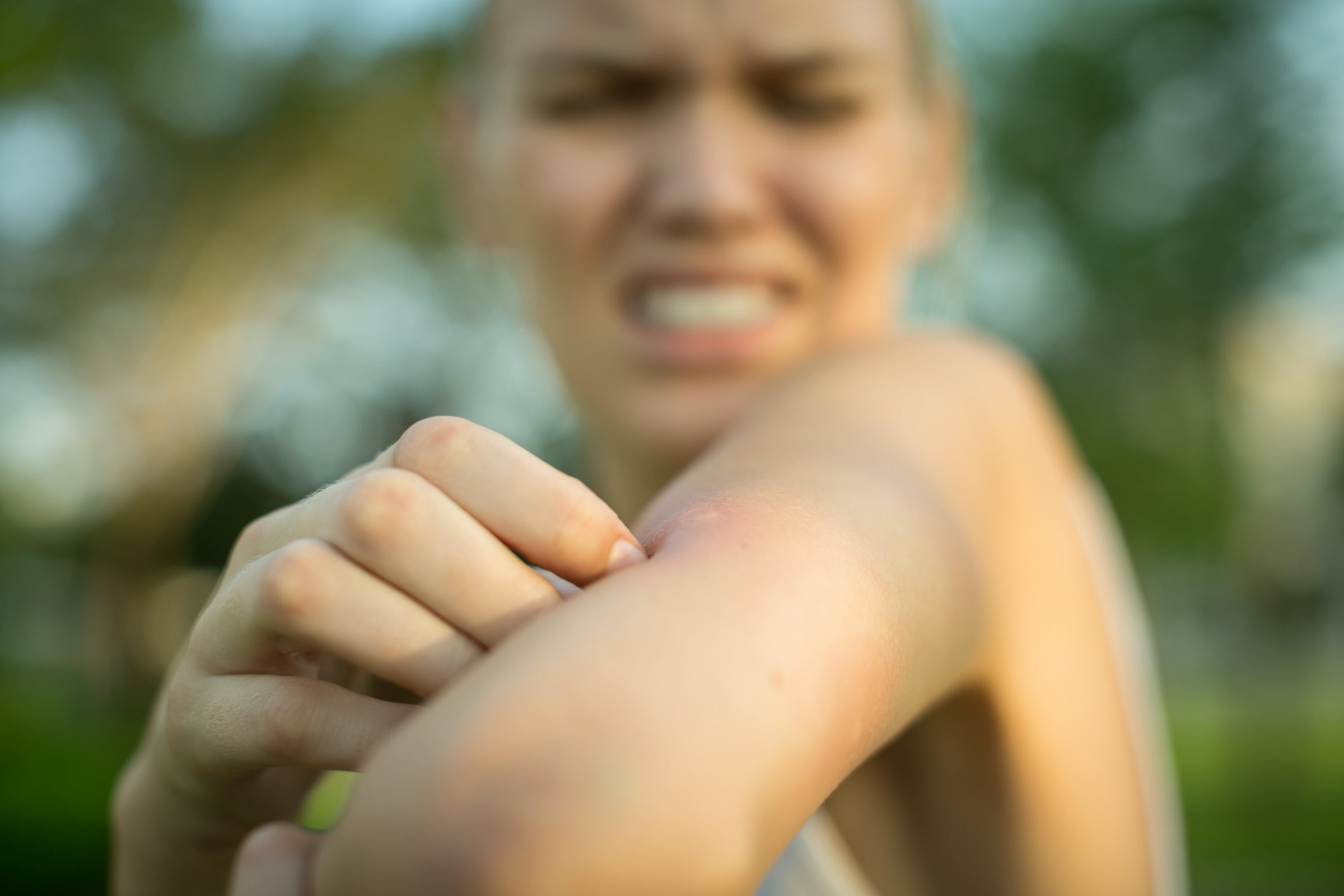
Many natural remedies can help reduce swelling and alleviate itchiness caused by bug bites. We'll explore some of the most effective anti-inflammatory ingredients you can use to soothe your bug bites.
Cooling and Soothing Solutions
Regarding skin irritation, cooling and soothing remedies can provide much-needed relief. Here are some home remedies that can help alleviate discomfort and promote healing:
Oatmeal
Oatmeal is a popular remedy for many skin conditions, including eczema, rashes, and insect bites. Here's how it works and how to use it:
- Oatmeal contains avenanthramides, which have anti-inflammatory properties to reduce redness, itching, and swelling.
- To use oatmeal for skin irritation, make a paste by mixing it with warm water.
- Apply the paste to the affected area and leave it on for 10-15 minutes.
- Rinse the paste off with cool water and pat dry.
Crushed Ice
Crushed ice can provide fast relief to itchy or inflamed skin, but it's essential to use it safely. Here's what you need to know:
- Crushed ice is effective for numbing the nerves and reducing swelling, which can help relieve itching and discomfort.
- To use crushed ice, wrap it around the affected area and apply it for no more than 15 minutes at a time.
- Icing the skin directly can cause frostbite or other damage.

Heat
Applying heat to inflamed or tense areas can help increase blood flow and promote healing. Here's what you need to know:
- Heat therapy can be helpful for muscle strains, joint pain, and menstrual cramps.
- Apply heat using a warm compress, heating pad, or warm bath.
- Be careful not to apply heat for too long or use it in areas of the body with impaired sensation, as this can cause burns or other damage.
Aloe Vera
Aloe vera is known for its soothing and healing properties. Here's how it can help alleviate skin irritation:
- Aloe vera contains polysaccharides, which have anti-inflammatory and hydrating effects.
- Aloe vera gel can soothe itching, reduce redness, and promote healing.
- Use fresh aloe vera gel or a commercial product containing at least 90% aloe vera.
Witch Hazel
It is a natural astringent that can reduce swelling and inflammation. Here's how to use it:
- The affected area can be treated with witch hazel.
- You can also mix witch hazel with soothing ingredients like aloe vera or chamomile tea.
- Use witch hazel with caution on sensitive skin, as it can dry.
Anti-Inflammatory Ingredients
Chronic inflammation can lead to arthritis, heart disease, and cancer. Incorporating anti-inflammatory ingredients into our diets and skincare routines is crucial. We will explore five such elements and how they can help reduce inflammation and improve our health.
Baking Soda
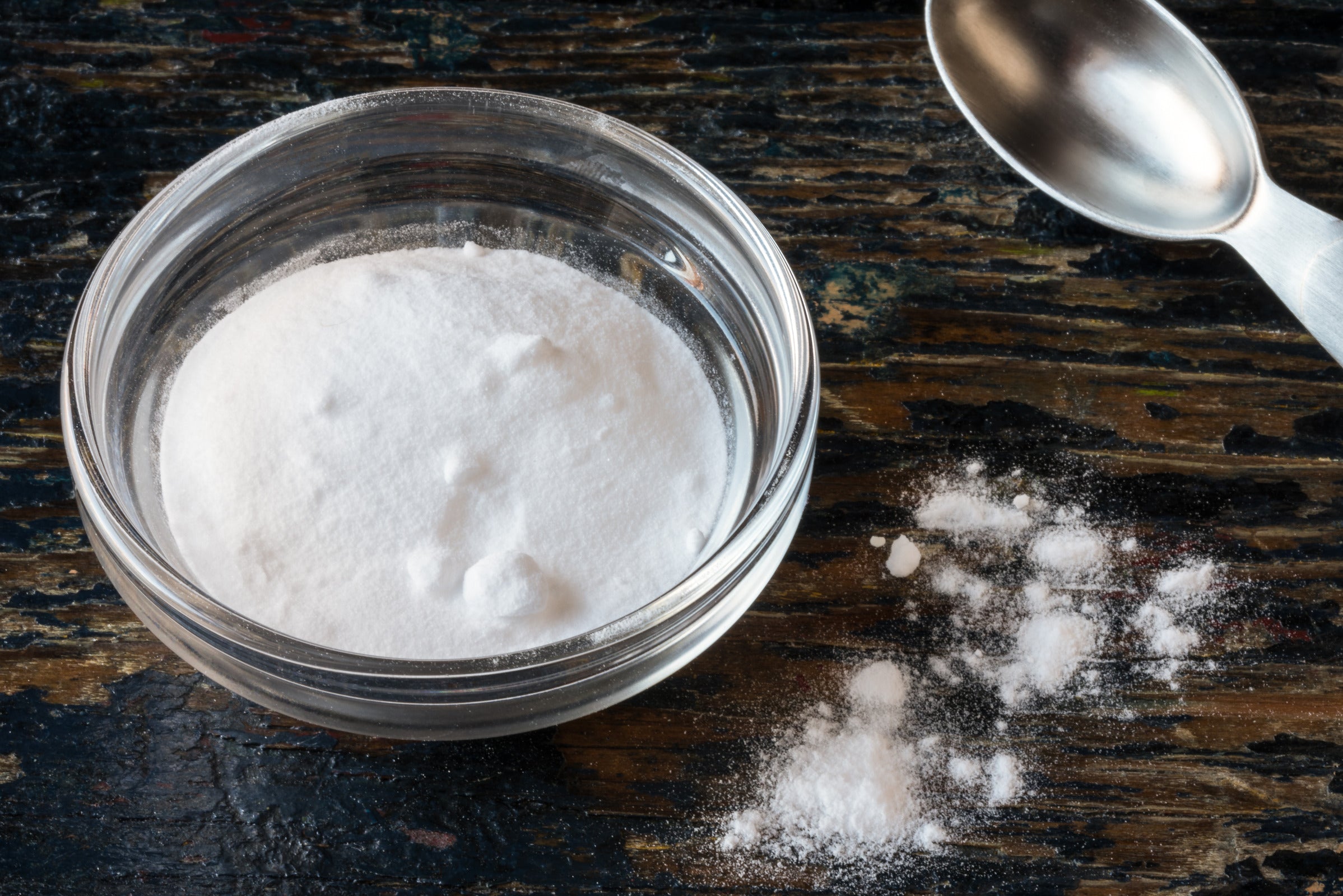
A home remedy for various ailments, baking soda has been used for centuries. One of its most prominent benefits is its ability to reduce inflammation, swelling, and itchiness. Here's how it works:
- The alkaline pH of baking soda helps neutralize acidic chemicals that cause inflammation and itching.
- The antifungal and antibacterial properties of this plant prevent infections and exacerbate inflammation.
- Baking soda paste applied to inflamed areas on the skin can soothe irritations and reduce swelling.
Basil
Basil, an aromatic herb used in various cuisines, has potent anti-inflammatory properties. Some of the essential components of basil that contribute to its beneficial effects are:
Eugenol: a natural compound that blocks the activity of inflammatory enzymes, reducing swelling and pain.
Rosmarinic acid: an antioxidant that can reduce the production of pro-inflammatory molecules in the body.

Here is how you can incorporate basil into your diet and skincare routine:
- Add fresh basil leaves to your salads, soups, and sauces.
- Make a DIY basil face mask by blending fresh basil leaves with honey and applying it to your face.
- Use basil essential oil in aromatherapy to reduce stress and inflammation.
Onion
Onion, a staple in many kitchens worldwide, is also a potent anti-inflammatory ingredient that can benefit our health in various ways. Here's how it can help:
- Onions contain quercetin, a flavonoid that can inhibit histamine production, a chemical that causes inflammation and allergies.
- Their sulfur compounds have anti-inflammatory and anti-bacterial properties.
You can use onions in the following ways to reduce inflammation:
- Add onions to your salads, soups, and stir-fries.
- Make an onion poultice by slicing onions and placing them on inflamed areas. Cover with a cloth and leave it for some hours.
- Onion juice can be used to treat ear infections and acne.
Green Tea
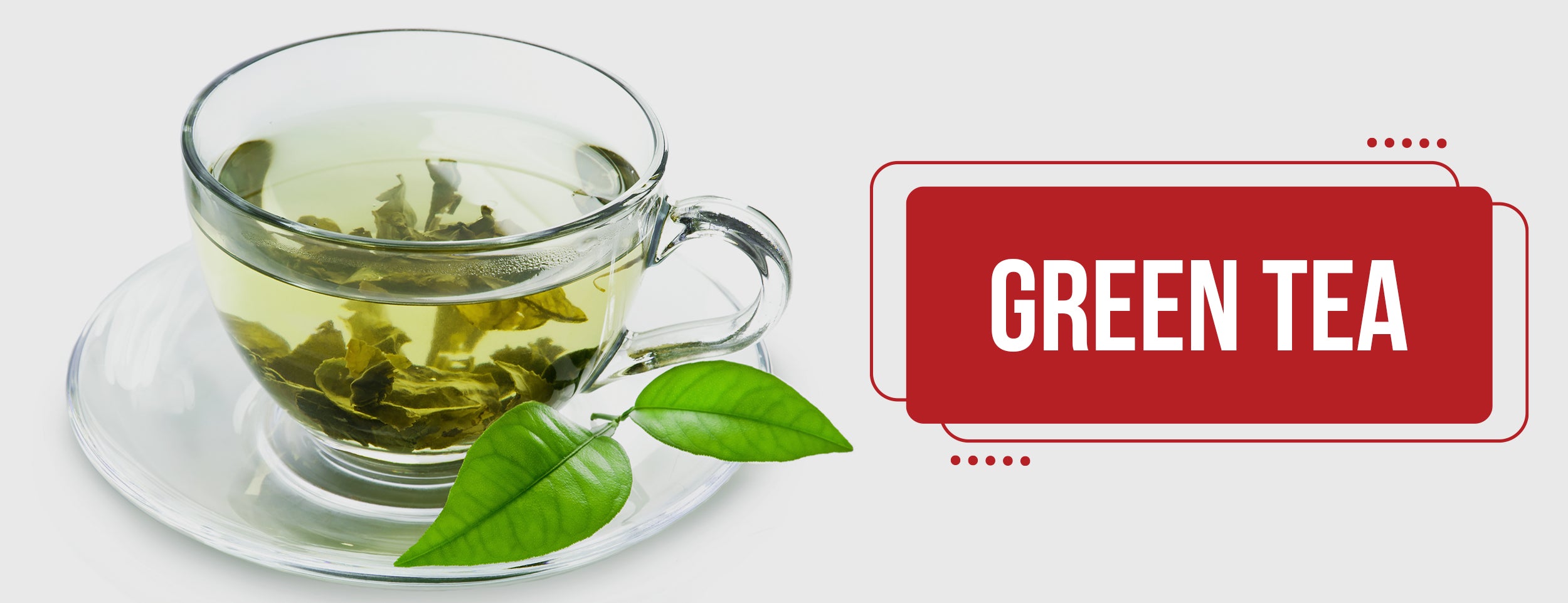
Green tea, a popular beverage worldwide, is famous for its potent anti-inflammatory and antioxidant properties. The main components of green tea that confer its beneficial effects are:
- Epigallocatechin gallate (EGCG): A polyphenol that has anti-inflammatory, anti-cancer, and cardiovascular-protective effects.
- Catechins: Another type of polyphenol that can reduce inflammation and prevent oxidative damage.
Here's how you can use green tea to reduce inflammation:
- A cup of green tea a day is recommended.
- Make a DIY face mask by mixing green tea with honey and oatmeal.
- Use green tea extract supplements under the supervision of a healthcare provider.
Chamomile Tea
Chamomile tea, an herbal infusion made from dried flowers, is renowned for its calming and anti-inflammatory effects. The essential components of chamomile provide its beneficial effects:
- Chamazulene: a compound that has anti-inflammatory and antioxidant properties.
- Apigenin: a flavonoid that can reduce inflammation and anxiety.
Here's how you can use chamomile tea to reduce inflammation:
- Drink chamomile tea before bed to reduce stress and improve sleep quality.
- Use chilled chamomile tea bags as a compress on inflamed skin or eyes.
- Use chamomile oil to reduce anxiety and inflammation.
Other Solutions
While honey, peppermint oil, lemon balm, arnica, and garlic may seem like everyday household items, their medicinal properties set them apart as powerful healing tools.

Honey
Honey has been used medicinally for centuries. Honey's sugar content makes it an inhospitable environment for bacteria growth and has antimicrobial properties. This is why it's been found to be effective in treating a range of conditions, including:
- Sore throats: Honey effectively soothes inflammation and bacteria in the throat. It coats the throat, relieving irritation and reducing the urge to cough.
- Wounds: Applying honey to wounds can help speed healing because honey is antibacterial. Inflammation can also be reduced, and tissues can regenerate.
- Digestive issues: Consuming honey in moderation can help soothe an upset stomach and relieve constipation.
Peppermint Oil
Peppermint oil numbs and is commonly used to relieve pain and discomfort. It can be applied topically, consumed orally, or used in aromatherapy. Here are some of the benefits of peppermint oil:
- Headaches and migraines: Applying peppermint oil to the temples and forehead can help reduce tension resulting in headaches and migraines.
- Indigestion: Consuming peppermint oil can help reduce bloating, gas, and other digestive problems due to its antispasmodic properties.
- Muscle and joint pain: Apply peppermint oil topically on sore muscles and joints to relieve soreness.
Lemon Balm
The mint family's lemon balm has a lemony flavor and scent. It's been found to be effective in treating a variety of ailments, such as:
- Anxiety and stress: Lemon balm can act as a mild sedative, making it worthwhile to relieve symptoms of anxiety and stress.
- Sleep disorders: Consuming lemon balm tea before bed can help induce sleep due to its calming and relaxing properties.
- Cold sores: Applying topical lemon balm can help reduce the healing time of cold sores due to its antiviral properties.
Arnica
Arnica is a popular natural pain reliever that relieves muscle and joint pain. It can also be used to reduce the appearance of bruises and reduce inflammation. Here's how to use Arnica:
- Topical applications: Apply arnica cream or gel to the affected area for muscle and joint pain relief.
- Oral consumption: Arnica can be consumed orally in small doses to provide pain relief from within.
- Bruises: Applying arnica to bruises can reduce inflammation and speed up healing.
Garlic
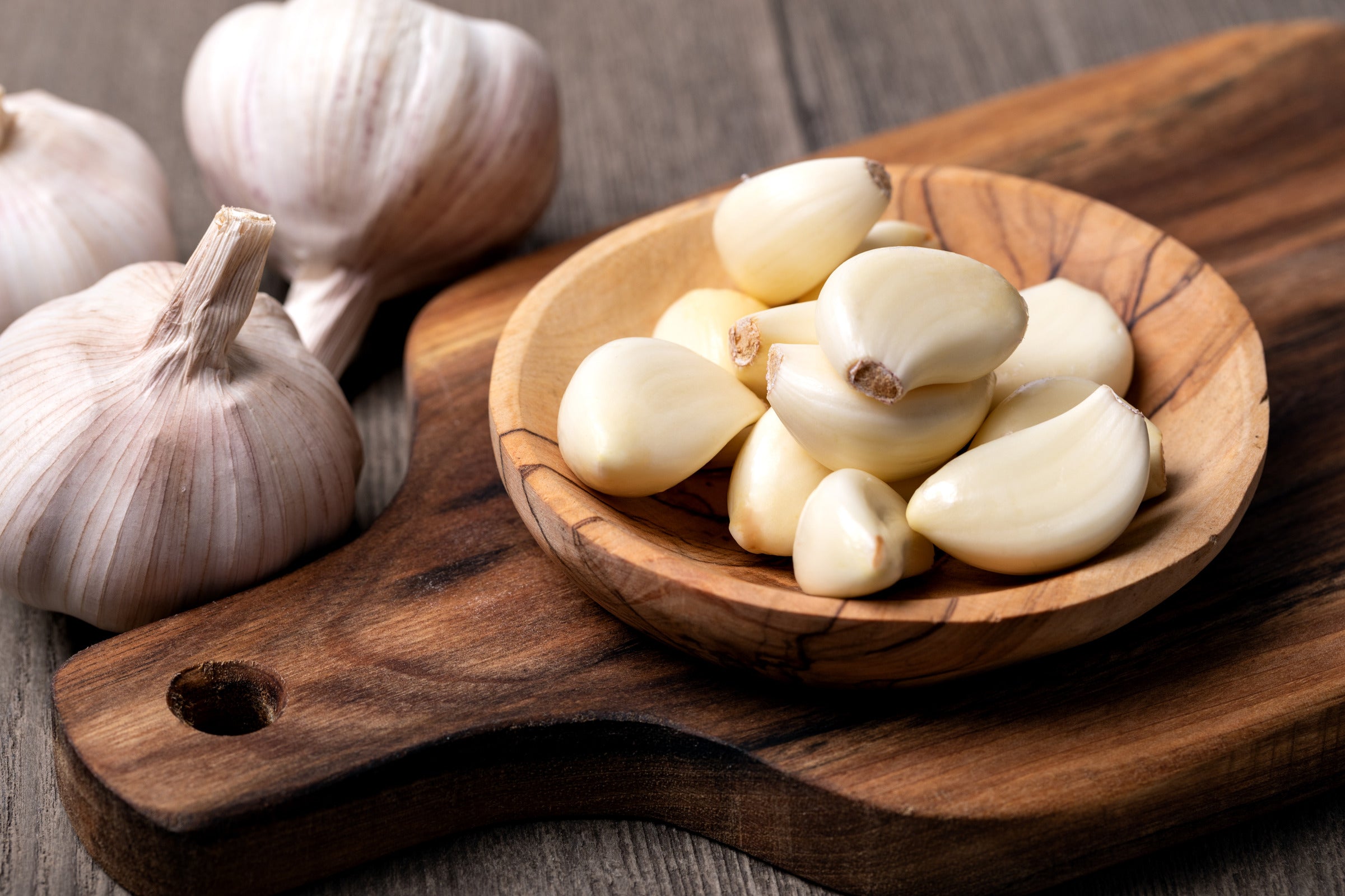
Garlic's antiseptic properties make it a beneficial natural remedy for fighting infections and promoting healing. Garlic contains allicin, which has antibacterial, antiviral, and anti-fungal properties. Benefits of garlic:
- Immune system support: Consuming garlic can help boost the immune system and prevent infections.
- Wound healing: Applying crushed garlic to wounds can help prevent infection and speed recovery.
- Heart health: Consuming garlic reduces cholesterol levels and heart disease risks.
Conclusion
Bug bites can be a nuisance, but natural remedies offer a cheap and practical solution to alleviate the unpleasant symptoms. From cooling and soothing solutions to anti-inflammatory ingredients, and other solutions, there are several options to choose from.
Natural remedies are a safer and eco-friendly choice that can provide relief without the harmful effects of chemicals. So, try these natural remedies for quick and effective relief next time those pesky bugs bite or sting.

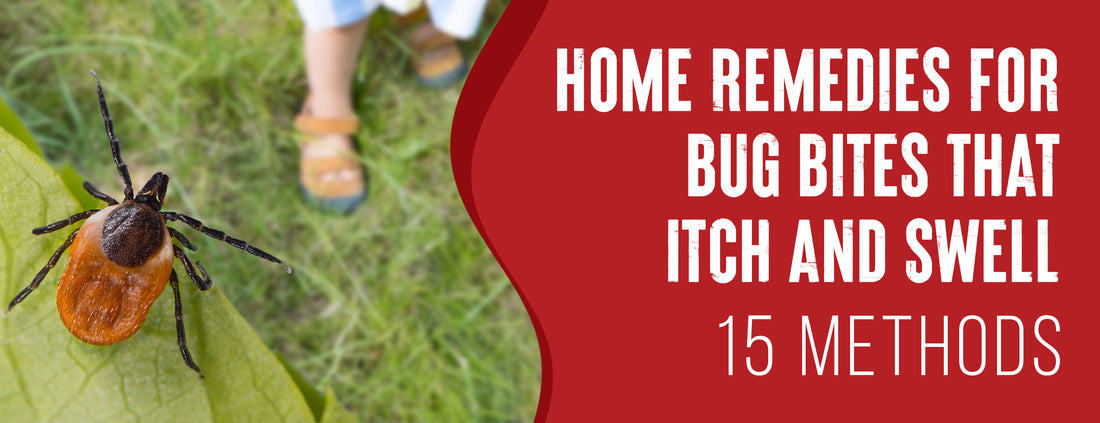





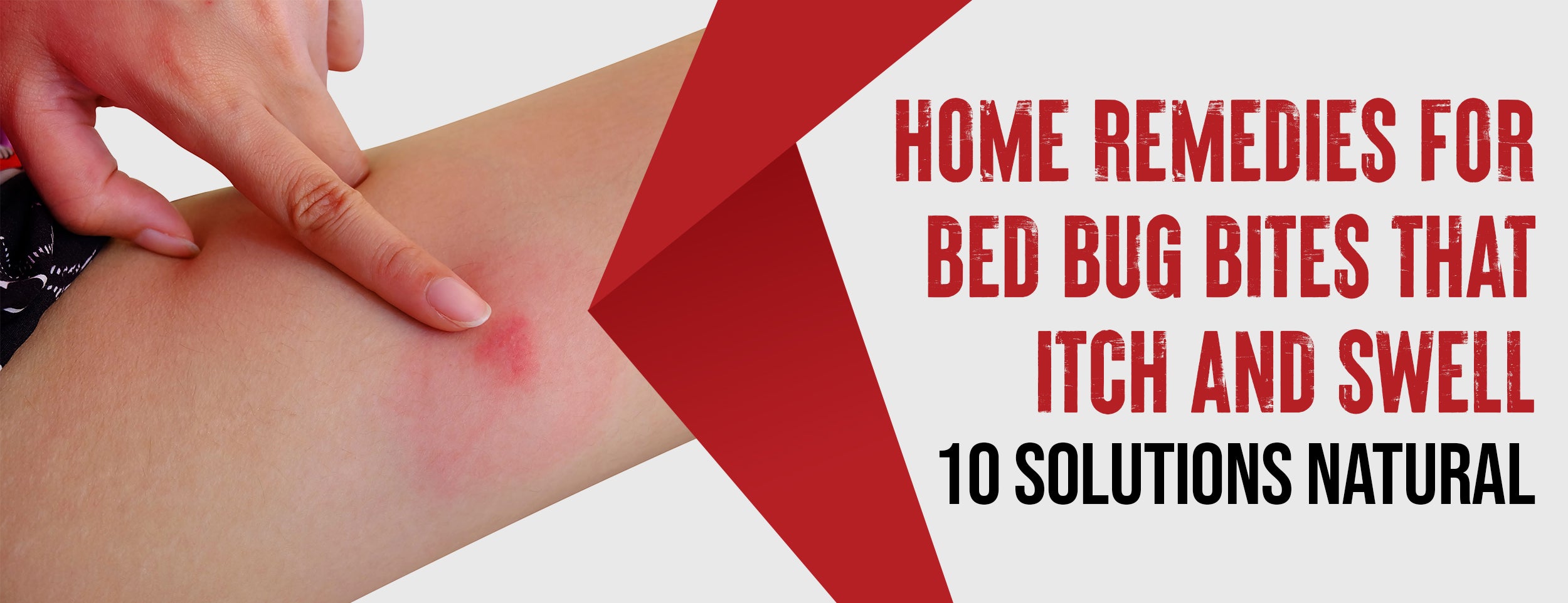
![6 Reasons Why Itches From Insect Bites Increase at Night [3 OTC Options]](http://drnumb.com/cdn/shop/articles/Why_Do_Insect_Bites_Itch_More_At_Night__6_Factors_4_Natural_Remedies.jpg?v=1709703294)
